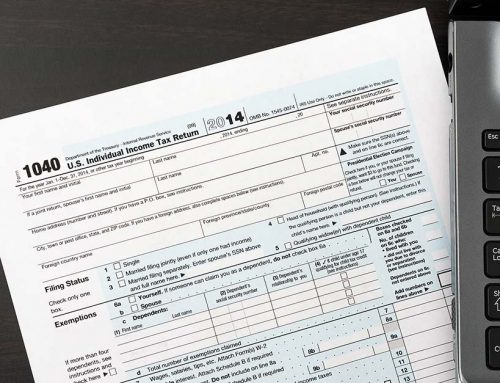Over the past 15 months Northern Colorado has experienced several significant natural disasters. In a previous newsletter we wrote an article on the tax ramifications of casualty losses. In light of the recent devastating floods, we felt it was appropriate to reprint that article
A casualty loss can result from the damage, destruction or loss of your property from any sudden, unexpected, or unusual event such as a flood, hurricane, tornado, fire, earthquake or even volcanic eruption. A casualty does not include normal wear and tear. Generally you may deduct casualty losses relating to your home, household items and vehicles on your Federal income tax return. You may not deduct casualty losses covered by insurance unless you file a timely claim for reimbursement, and you must reduce the loss by the amount of any reimbursement.
If your property is a personal property, such as your primary residence or a vacation home, or is not completely destroyed, the amount of your casualty loss is the lesser of:
- The adjusted basis of your property, or
- The decrease in fair market value of your property as a result of the casualty.
The adjusted basis of your property is usually the original purchase price of your home plus any major improvements. The adjusted basis of household items and vehicles is generally the original cost of the item. The adjusted basis must be reduced for depreciation in the event you claimed your primary residence as a home office or rented a portion of the home.
Individuals are required to claim their casualty losses as an itemized deduction on Form 1040, Schedule A. Since the calculation is somewhat complex, I will not detail this here. However, it is important to know that there are some limitations on the amounts that can be deducted that need to be taken into consideration.
Casualty losses are generally deductible in the year the casualty occurred. However, if you have a casualty loss from a federally declared disaster you can choose to treat the loss as having occurred in the year immediately preceding the tax year in which the disaster happened, and you can deduct the loss on your return or amended return for that preceding tax year.
These rules can sometimes be confusing. If you have incurred a casualty loss, please do not hesitate to contact us to assist you in this matter.





